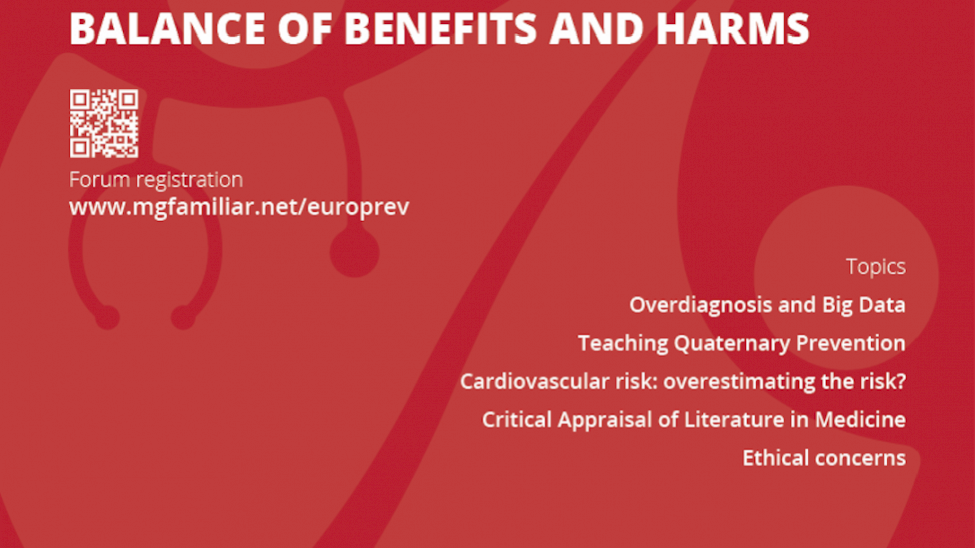About 20 years ago, when I began to study the application of evidence-based medicine in the area of prevention and screening, I learned that the most important thing to demonstrate the effectiveness of a preventive activity was good scientific evidence.
The main purpose of a cancer screening was to decrease the mortality rate of patients with cancer. Therefore, in order to decide whether it made sense to perform a screening, it was necessary to have good quality scientific evidence, such as a randomized controlled trial or a meta-analysis of several good quality randomized trials, demonstrating that in the group of people screened, the mortality was lower than in the control group that had not been screened.
However, science has evolved and we have begun to realize that the problem is more complex than this. Now we no longer solely want to know if a screening decreases the mortality rate from this cancer. We also want to know the possible harm it can cause to the individuals screened. We want to know how many more people were diagnosed in the screening group when compared to the control group, how many got a false positive result, how many suffered the diagnosis of an incidentaloma.
In other words, we are now concerned with how much harm has to occur for a patient to benefit. In the future, we will be increasingly concerned with how to communicate this new reality to our patients as this balance between the benefits and harm will become increasingly important in the shared decision-making process on whether or not to undergo certain screenings.
In view of this reality, it is not surprising that the main theme of the II Forum on Prevention and Primary Care is "Medical prevention: the balance of benefits and harms".
I would like to invite all of my European colleagues to come to Porto on 4th and 5th November.
We believe we have an interesting scientific program with relevance to the clinical practice. I would like to highlight Iona Heath's keynote "Hope, fear, prevention and profit", Igor Svab's keynote "Prevention and professionalism in Family Medicine" and also the three others: "Overdiagnosis among apparently healthy people using Big Data", "How to achieve Asthma Right Care at scale to prevent mortality and morbidity?" and "CALMex Critical Appraisal of Literature in Medicine Express".
We have special registrations fees for junior doctors and a super discount fee for group registrations (for the registration of a group of four doctors, the fifth gets a free registration). The early bird registration period will end on 31st July.
You may find more information here,
Thank you and kind regards,
Carlos Martins

